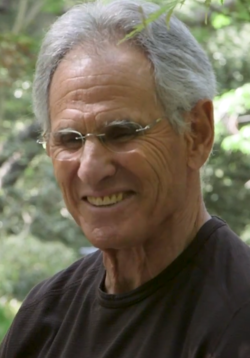Jon Kabat-Zinn Quote
Studies by Dr. Herbert Benson of the Harvard Medical School in the early 1970s on people practicing a form of meditation known as Transcendental Meditation, or TM, demonstrated that meditation can produce a pattern of significant physiological changes, which he termed the relaxation response. These include a lowering of blood pressure, reduced oxygen consumption, and an overall decrease in arousal. Dr. Benson proposed that the relaxation response was the physiological opposite of hyperarousal, the state we experience when we are stressed or threatened. He hypothesized that if the relaxation response was elicited regularly, it could have a positive influence on health and protect us from some of the more damaging effects of stress.
Studies by Dr. Herbert Benson of the Harvard Medical School in the early 1970s on people practicing a form of meditation known as Transcendental Meditation, or TM, demonstrated that meditation can produce a pattern of significant physiological changes, which he termed the relaxation response. These include a lowering of blood pressure, reduced oxygen consumption, and an overall decrease in arousal. Dr. Benson proposed that the relaxation response was the physiological opposite of hyperarousal, the state we experience when we are stressed or threatened. He hypothesized that if the relaxation response was elicited regularly, it could have a positive influence on health and protect us from some of the more damaging effects of stress.
Related Quotes
About Jon Kabat-Zinn
